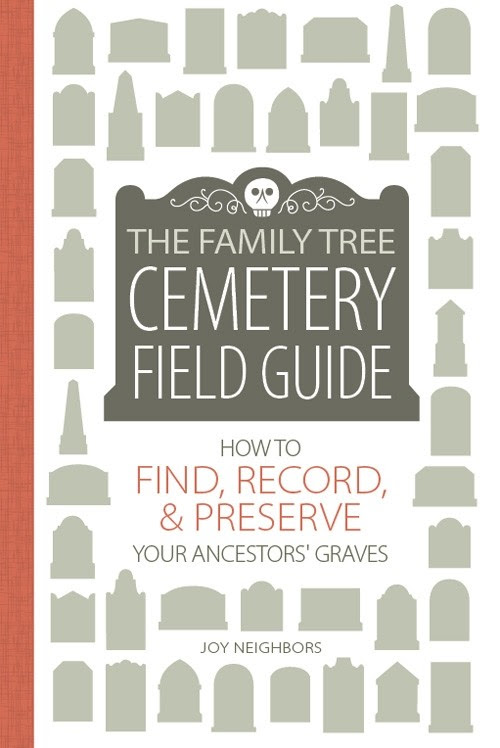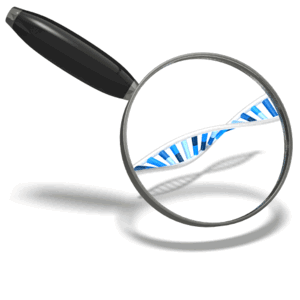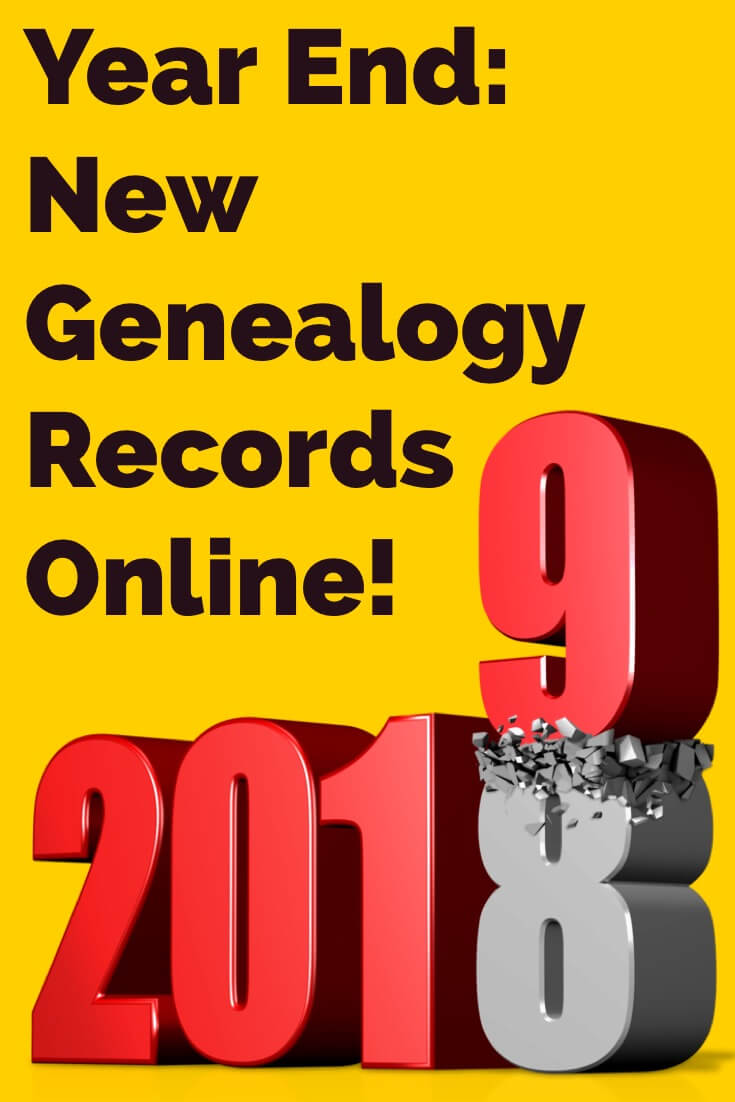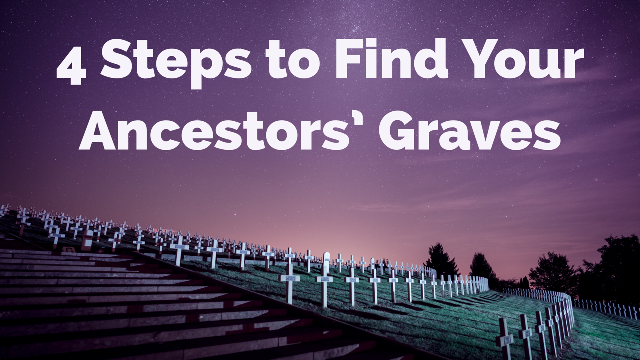by Lacey Cooke | Dec 28, 2018 | 01 What's New, Records & databases |
It’s the end of another year, and as 2018 comes to a close we’ve rounded up the last of the new online records collections for you. Explore a unique collection of Catholic Church records in Peru, dating back to the 17th century. Next you can view Jewish registers online at Ancestry.com, browse unique historical collections for the U.S., and check out German civil registrations new and updated at FamilySearch.
Peru Catholic Church Records
New at FamilySearch is a growing indexed collection of records for Peru, Diocese of Huaraz, Catholic Church Records, 1641-2016. These records include baptisms, confirmations, marriages, pre-marriage investigations, deaths, and indexes. More indexed records will be added as they become available, but right now the collection boasts over 150,000 records.
About Catholic Church records: “Catholic Church parish registers were created by priests authorized to record the church sacraments of baptism, marriage, death, burial, and other ordinances in their parish jurisdiction. Catholic Church parish registers are the primary source for finding genealogical information of birth, death, and marriage in Peru prior to 1852, when the civil registration was implemented.”
Jewish Register Books
A new collection of Jewish register books from Poland is online now at Ancestry.com:
Poland, Modliborzyce Ghetto Register Books, 1939-1944 (USHMM)
A variety of information can be found in these records, including your ancestor’s name, age, birth date and place, occupations, residences, parents’ names, and more.
From the collection description: “This database contains the names of the Jewish population in the Modliborzyce Ghetto. The registers were compiled by the Judenrat (Jewish Council) in Modliborzyce between 1941 and 1942. The original documents are held by the Emanuel Ringelblum Jewish Historical Institute in Warsaw, Poland. This collection was indexed by World Memory Project contributors from the digitized holdings of the United States Holocaust Memorial Museum.”
New U.S. Records & Databases
New from the University of Arkansas: a fascinating digital collection of the American Old West in the form of diaries. “Whiskey smuggling, murder, scandal and a ‘hanging judge’ — the latest digital exhibit from University Libraries has all this and more. The Deputy Marshal Addison Beck and Judge Isaac Parker’s Court collection is now available worldwide, free of charge. Addison Beck was a deputy marshal for the United States from 1875 to 1883 who patrolled for the United States District Court for the Western District of Arkansas in Fort Smith. Addison Beck’s two surviving diaries chronicle 1880 to early 1881 and from April through August 1881.”
The Washington State Libray is wrapping up the Washington Rural Heritage Collection, which includes nearly 2,000 new items spanning 5 collections. This expansive collaboration provides historic photographs, ephemera and objects, documents, artifacts, oral histories, and more throughout Washington State.
Over at FamilySearch is a new collection for North Carolina, Historical Records Survey, Cemetery Inscription Card Index. This index contains images of Surname index cards listing county, name of cemetery, town, person, date of birth, death date, age, spouse or parents, location of grave, military information.
German Civil Registrations
Finally, check out these new online records for Germany, Saxony-Anhalt, Halberstadt, Civil Registration, 1874-1982, available for free at FamilySearch. In this collection you’ll find an index of the birth, marriage and death records from Halberstadt Kreisarchiv. Included in these records are these localities Aspenstedt, Emersleben, Halberstadt, Klein Quenstedt (Kr. Halberstadt), Langenstein, Mahndorf, Sargstedt, Ströbeck, and Wehrstedt. Original records held at Halberstadt Kreisarchiv, Saxony-Anhalt, Germany.
In addition, this collection was updated with more records: Germany, Schleswig-Holstein, Kreis Steinburg, Civil Registration, 1874-1983. This collection consists of civil registration of births, marriages, and deaths for the district of Steinburg, Schleswig-Holstein, Germany. Original records are located in the Gemeinsames Archiv des Kreises Steinburg und der Stadt Itzehoe (Joint Archive of the District of Steinburg and the City of Itzehoe).
Never miss an update with the Genealogy Gems Newsletter
Every week we scour the web rounding up the latest new collections and updates for genealogy records and compile them in one convenient article. Our free weekly newsletter delivers these free articles right to your inbox so you never miss a thing! Click the button to subscribe now and enjoy this and other fabulous free content like expert tips, podcast episodes, video webinars, and more!
Lacey has been working with Genealogy Gems since the company’s inception in 2007. Now, as the full-time manager of Genealogy Gems, she creates the free weekly newsletter, writes blogs, coordinates live events, and collaborates on new product development. No stranger to working with dead people, Lacey holds a degree in Forensic Anthropology, and is passionate about criminal justice and investigative techniques. She is the proud dog mom of Renly the corgi.
Disclosure: This article contains affiliate links and Genealogy Gems will be compensated if you make a purchase after clicking on these links (at no additional cost to you). Thank you for supporting Genealogy Gems!
by Lacey Cooke | Dec 7, 2018 | 01 What's New, Records & databases |
Find your ancestors in U.S. cemetery records and more in these week’s roundup of new records available online. All resources below come from free websites and also include vital records, court records, county records, and various historical collections. If you’re researching Jewish ancestors, be sure to check out a wonderful free Jewish collections website for resources and databases.
New U.S. Records Free at FamilySearch
FamilySearch has several new U.S. records collections online now. They may be small, but your ancestor just might be lurking in these indexes!
Arizona, Gila County, Cemetery Records, 1927-1994. Browse 3,500 records in this collection of cemetery records from the Dudleyville, Ft. Grant, Mammoth, Superior, Ray, and Hayden cemeteries in Gila County, Arizona. These records may tell you the name of your ancestor, birthplace and date, death date, parents’ names, children and spouse names, and even sibling names.
Idaho, Madison County Records. There are 2,300 indexed records in this new collection, as well as 34,000 browsable images. In this collection you’ll find vital records, homesteads, patents, deeds, mining records, and Wills and probate records.
Tennessee, Jackson County Records, 1801-1974. Marriage records and records of the Chancery and Circuit Courts are available in this new collection of nearly 14,000 indexed records and 18,000 images. This collection is being published as images become available.
Florida, Index to Alien Arrivals by Airplane at Miami, 1930-1942. This unique collection has 51,000 indexed airplane manifests. The collection is set up by index cards, arranged alphabetically by surname. These records correspond with NARA publication A3382 and were filmed at the NARA facility in College Park, Maryland.
Virginia, County Marriage Records, 1771-1943. Browse almost 40,000 indexed marriage records and images in this collection. The records include registers, bonds, licenses, and returns for the following counties: Accomack, Franklin, Giles, Rockingham, and Westmoreland. The content and time period varies by county.

Jewish Records & Collections
FamilySearch also has a new collection of Virginia, Jewish Cemetery Records Index, ca. 1800-1986. Included is an index to maps 1-45 of the Jewish cemetery records compiled by Samuel and Dorothy Werth. The original maps are located at the Virginia Historical Society. These cemetery records may be able to tell you the name of deceased, their year of birth, year of death, the name of the cemetery, and the city where the cemetery is located.
Another great resource for finding Jewish ancestors is the Jewish Digital Collections website. You can explore an annotated list of more than 350 sites containing digitized collections of Jewish history, records, culture, and more. The list is divided into 22 categories, which are alphabetized into drop-down menus. You may also be interested in their Jewish Studies Guides, which have been prepared by university librarians worldwide to help students taking courses in Jewish studies. They may lead you to additional resources and materials.
More to learn about cemetery records
Cemetery research is a crucial family history skill. Tombstones are monuments to our ancestors’ lives and may have key genealogical clues engraved in the stone. Learn more about how to find them with these four steps to finding your ancestors’ burial places and the records that complement them.
 For a comprehensive guide on finding your ancestors in cemeteries, grab a copy of The Family Tree Cemetery Field Guide. This book contains detailed step-by-step instructions for using FindAGrave and BillionsGraves, plus guides for understanding tombstone epitaphs and symbol meanings. Discover tools for locating tombstones, tips for traipsing through cemeteries, an at-a-glance guide to frequently used gravestone icons, and practical strategies for on-the-ground research. Click here to order yours today!
For a comprehensive guide on finding your ancestors in cemeteries, grab a copy of The Family Tree Cemetery Field Guide. This book contains detailed step-by-step instructions for using FindAGrave and BillionsGraves, plus guides for understanding tombstone epitaphs and symbol meanings. Discover tools for locating tombstones, tips for traipsing through cemeteries, an at-a-glance guide to frequently used gravestone icons, and practical strategies for on-the-ground research. Click here to order yours today!
Lacey has been working with Genealogy Gems since the company’s inception in 2007. Now, as the full-time manager of Genealogy Gems, she creates the free weekly newsletter, writes blogs, coordinates live events, and collaborates on new product development. No stranger to working with dead people, Lacey holds a degree in Forensic Anthropology, and is passionate about criminal justice and investigative techniques. She is the proud dog mom of Renly the corgi.
Disclosure: This article contains affiliate links and Genealogy Gems will be compensated if you make a purchase after clicking on these links (at no additional cost to you). Thank you for supporting Genealogy Gems!
by Lisa Cooke | Jan 10, 2015 | 01 What's New, German, History, Jewish
A new exhibit at the Jewish Museum of Milwaukee tells the story of some 1939 dress designs that made it out of Nazi-occupied territory–and pays tribute to their designer, who didn’t.
“When the Nazis occupied Czechoslovakia in 1939, tens of thousands of Jews applied for visas to anywhere,” explains the caption to a YouTube video about the exhibit (see below). “Among them, Paul Strnad and his wife Hedy, a dress designer. Ultimately, neither would get a visa to leave Czechoslovakia.”
Years later, their story was literally stitched together by descendants and local historians. The couple sent her dress designs to a cousin in Milwaukee in a desperate attempt to get work visas to leave. It never happened. Paul was killed. Hedy’s fate is unknown.
A few years ago, the designs were rediscovered along with letters that told their story. Now the design drawings–and dresses newly created from them–are the centerpiece of “Stitching History from the Holocaust,” an exhibit at the Jewish Museum of Milwaukee. Read more about the exhibit here, or click below to watch this video about it. I think you will be as moved as I am to hear this story.
by Diahan Southard | Oct 24, 2014 | 01 What's New, Ancestry, DNA, Jewish
 Ancestry.com has improved the ability of AncestryDNA to find good matches for Jewish, Hispanic and other ancestries that maybe weren’t so precise before. Here’s the lowdown, quoted liberally from Ancestry.com’s press release:
Ancestry.com has improved the ability of AncestryDNA to find good matches for Jewish, Hispanic and other ancestries that maybe weren’t so precise before. Here’s the lowdown, quoted liberally from Ancestry.com’s press release:
The problem: Predicting genetic relatives among customers of Jewish and Hispanic descent and some other groups. “In DNA matching, we are looking for pieces of DNA that appear identical between individuals,” says the release. “For genealogy research we’re interested in DNA that’s identical because we’re both descended from a recent common ancestor. We call this identical by descent (IBD). This is what helps us to make new discoveries in finding new relatives, new ancestors, and collaborating on our research.”
“However, we also find pieces of DNA that are identical for another reason. At one extreme we find pieces of DNA that are identical because it is essential for human survival. At the other, we find pieces of DNA that are identical because two people are of the same ethnicity. We call these segments identical by state (IBS) because the piece of DNA is identical for a reason other than a recent common ancestor. This, we have found, often happens in individuals of Jewish descent.”
“The challenge in DNA matching is to tease apart which segments are IBD, and which ones are IBS….Most Jewish customers find that we predict them to be related to nearly every other Jewish customer in the database….Detecting which cousin matches were real and which ones were bogus has always been a challenge for these populations.”
First step toward a solution: “By studying patterns of matches across our more than half a million AncestryDNA customers, we found that in certain places of the genome, thousands of people were being estimated to share DNA with one another–likely a hallmark of a common ethnicity. Our scientific advancements… have allowed us to effectively “pan for gold” in our matches–by throwing out matches that appear to only be IBS, and keeping those that are IBD.”
“While the problem was more pronounced in customers of Jewish and some Hispanic descents, we observed this problem across all ethnic groups. So, all customers will see increased accuracy of their DNA matches, and significantly fewer ‘false’ matches.”
AncestryDNA results with better matches found by this method “will be available in the coming months,” says the release. They plan to email existing customers when results are ready.
by Lisa Cooke | Aug 23, 2014 | 01 What's New, Conferences, Jewish
The world of genealogy is so huge that one person can’t possibly know everything. That’s why I’m always glad to hear from readers who research  different ancestries. Recently I heard from Diane Goldman in Bethesda, MD, USA, who wrote in about her favorite Jewish genealogy resources:
different ancestries. Recently I heard from Diane Goldman in Bethesda, MD, USA, who wrote in about her favorite Jewish genealogy resources:
“Dear Lisa,
I love listening to the tips and interviews on your podcast. So I’m excited to send a recommendation your way. You haven’t broadcast much on Jewish genealogy, but there are some fabulous resources.
- Salt Lake City just welcomed the latest conference of the International Association of Jewish Genealogy Societies. The last 2 conferences were in Boston and Paris; next year’s will return to Jerusalem. (My tip: Use their website’s member list to find a Jewish genealogy organization for you–either one near you or one that focuses on the right region of the world for your family.)
- A conference highlight is always the update for JewishGen.org, begun by Texan Susan King and now associated with New York’s Museum of Jewish Heritage. JewishGen’s grown from a bulletin board linking researchers across the globe to a resource complex featuring personal stories, databases, and digitized materials. Each regional/topical Special Interest Group features its own wealth of resources, often the only access to materials of a particular country or of a region now split among several countries, such as the Galician or Sub-Carpathian group.
- JewishGen also hosts the independent LitvakSig (Lithuanian data) and Jewish Records Indexing (JRI)-Poland. The latter has mushroomed from an individual’s medical research to an invaluable resource complex: ‘The largest fully-searchable database of indexes to Jewish vital records accessible online. 4 million records from more than 500 Polish towns.'”
Thank you, Diane! It’s a pleasure to share these resources with Genealogy Gems readers.








 different ancestries. Recently I heard from Diane Goldman in Bethesda, MD, USA, who wrote in about her favorite Jewish genealogy resources:
different ancestries. Recently I heard from Diane Goldman in Bethesda, MD, USA, who wrote in about her favorite Jewish genealogy resources: